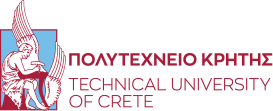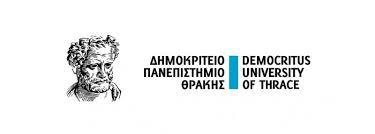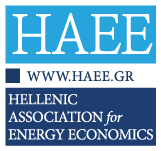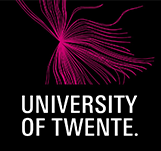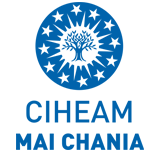Organizers
Sponsors
Frontiers in Sustainability aims to empower scientists to become far more involved in the sustainability discussion and ensure that their research results are openly and freely accessible to other researchers, industries and policy makers. This transdisciplinary journal brings various disciplines and sciences together to foster a holistic and integrated approach to a multidisciplinary discourse, addressing complex adaptive systems engineering, sustainable process design, practical production, environmental, resource use and sustainability challenges that cannot be tackled in isolation. The journal contributes in advancing Goal 8, 9 and 12 of the UN Sustainable Development Goals.
Academic Partners
Supporting Partners


